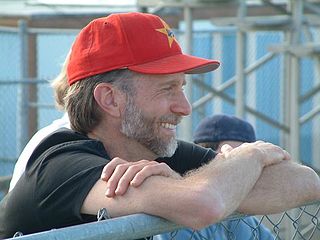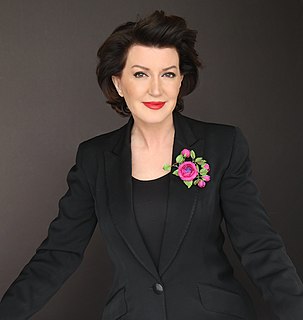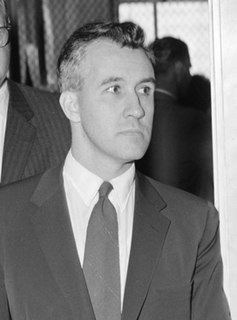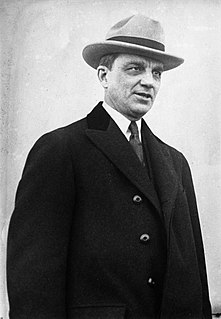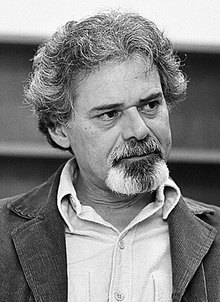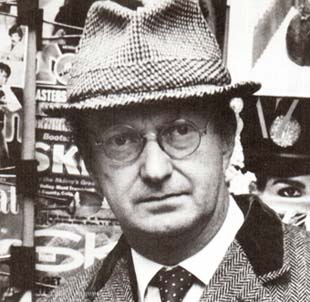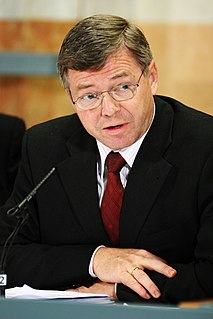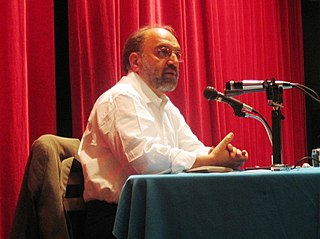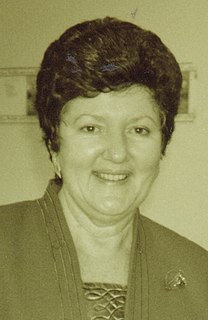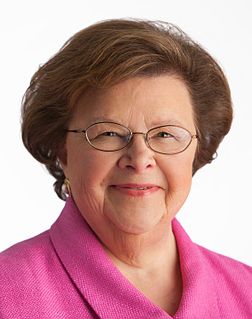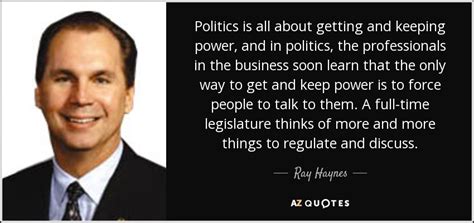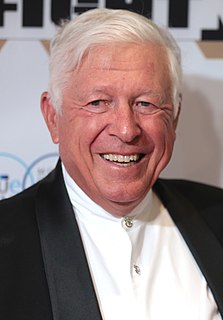Top 1200 Power Politics Quotes & Sayings
Explore popular Power Politics quotes.
Last updated on April 15, 2025.
I have one great political idea... That idea is an old one. It is widely and generally assented to; nevertheless, it is very generally trampled upon and disregarded. The best expression of it, I have found in the Bible. It is in substance, "Righteousness exalteth a nation - sin is a reproach to any people." This constitutes my politics, the negative and positive of my politics, and the whole of my politics... I feel it my duty to do all in my power to infuse this idea into the public mind, that it may speedily be recognized and practiced upon by our people.
Power is global and politics is local. That must change. We need a new language for understanding new global power formations as well as new international modes of politics to fight them. Social movements must move outside of national boundaries and join with others across the globe to fight the savagery of neoliberal global politics and central to such a task is the work of intellectuals, artists, cultural workers, and others who can fashion new tools and social movements in the fight against the current anti-democratic threats being imposed all over the globe.
As a composer, I believe that music has the power to inspire a renewal of human consciousness, culture, and politics. And yet I refuse to make political art. More often than not political art fails as politics, and all too often it fails as art. To reach its fullest power, to be most moving and most fully useful to us, art must be itself.
Economics now drives politics. This gives us a system in which the relationship between power and politics is no longer fused. Power is global. We have an elite that now floats in global flows. It could care less about the nation-state, and it could care less about traditional forms of politics. Hence, it makes no political concessions whatsoever. It attacks unions, it attacks public schools, it attacks public goods. It doesn't believe in the social contract.
The message that I gave on the - on the steps today was that you need to stand for those things that are right and empower the individual. Believe in the power of one person. Don't believe that you can't do it. Everybody wants - everybody wants a shot. That we can all agree on. Beyond that, it becomes politics. I'm not talking politics.
Government means politics, and interference by government carries with it always the implication of coercion. We may accept the expanding power of bureaucrats so long as we bask in their friendly smile. But it is a dangerous temptation. Today politics may be our friend and tomorrow we may be its victims.
It seems to me that our problem has a lot less to do with the mechanics of solar power than the politics of human power—specifically whether there can be a shift in who wields it, a shift away from corporations and toward communities, which in turn depends on whether or not the great many people who are getting a rotten deal under our current system can build a determined and diverse enough social force to change the balance of power.
When a man has his heart in the right place and good taste, he can not only do well in politics but is even predetermined for it. If someone is modest and does not yearn for power, he is certainly not ill-equipped to engage in politics; on the contrary, he belongs there. What is needed in politics is not the ability to lie but rather the sensibility to know when, where, how and to whom to say things.
If you take the conflicts we are used to dealing with, race over the years in America, and you combine that with the desire or aspiration to political power or taking power from other people, which is what politics is all about, you end up with a lot more friction than you would normally see with just straight-ahead politics.
Power corrupts. If the Church is given too much power, it will become corrupted. So to keep the Church in line with the teachings of Christ, we must make sure that it can never have temporal power. Religion has its place and politics has its own. These two should not be mixed together or the result would be catastrophic.
Religion forbids us from assuming a God-like character. This is especially true in politics and government, where limiting the power of the state, division of powers, and the doctrine of checks and balances are established in order to prevent accumulation of power that might lead to such Godly claims.
For authoritarians such as Lenin and Žižek, the dichotomy in politics is state power or no power, but I refuse to concede that these are the only options. Genuine politics is about the movement between these poles, and it takes place through the creation of what I call "interstitial distance" within the state.
Political organizations have slowly substituted themselves for the Churches as the places of believing practices, but for this very reason, they seem to have been haunted by the return of a very ancient (preChristian) and very “pagan” alliance between power and religion. It is as though now that religion has ceased to be an autonomous power (the “power of religion,” people used to say), politics has once again become religious.
Each discipline has the capacity to be interested in politics, and each would ask different questions of what politics is, what constitutes power, how power is maintained, how it circulates, how relationships are formed, how institutions are built, how they fall. Every discipline would answer those questions in different ways.
Of course, in the reality of history, the Machiavellian view which glorifies the principle of violence has been able to dominate.Not the compromising conciliatory politics of humaneness, not the Erasmian, but rather the politics of vested power which firmly exploits every opportunity, politics in the sense of the "Principe," has determined the development of European history ever since.
Every child is born sane, and then, slowly slowly, we civilize him - we call it the process of civilization. We prepare him to become part of the great culture, the great church, the great state to which we belong. Our whole politics is stupid, and then HE becomes stupid. Our whole education is ugly. Our politics means nothing but ambition, naked ambition - ambition for power. And only the lowest kind of people become interested in power.
Politics is about power. It is about the power of the state. It is about the power of the state as applied to individuals, the society in which they live and the economy in which they work. Most critically, our responsibility in this parliament is how that power is used: whether it is used for the benefit of the few or the many.




